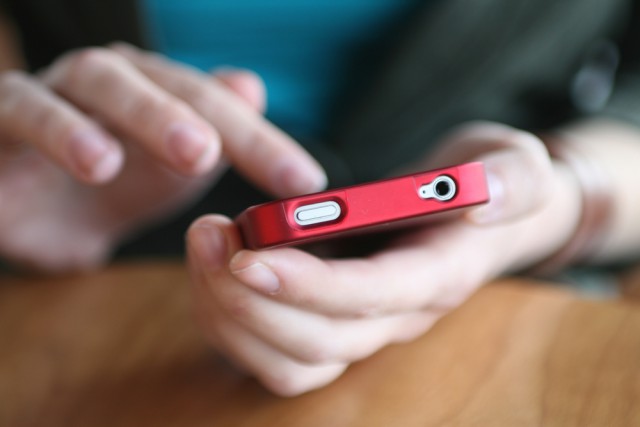
iOS Mail vulnerability lets hackers steal your passwords
Users of iOS, beware. An unfixed vulnerability has been found in the Mail app, which allows hackers to steal passwords by sending an email.
The flaw was first noticed by Ernst and Young forensic bod Jan Soucek. He has created a tool capable of generating slick iCloud password phishing emails he says exploits an unpatched bug.

Apple hits Google where it hurts
I have some advice for the European Union Competition Commission: Lay off. You don't need to reign in the Google monopoly. Apple will correct the market around search and mobile. That's one of two related takeaways from Monday's WWDC 2015 keynote. iOS 9 and OS X El Capitan up Apple's push into search and proactively-delivered information in big ways. That is if delivery is as good as the company promises.
The other takeaway harkens back to what I told you last week about Tim Cook's piracy rant against unnamed Facebook and Google alongside the friggin U.S. government -- plural if thinking beyond the Feds: It's BS marketing. Apple prepares a major competitive assault against Big G, hitting where damage can be severe: Perception and profits. I cannot overstate Google's vulnerability, which ironically is where the search and information giant exploited Microsoft during this Century.
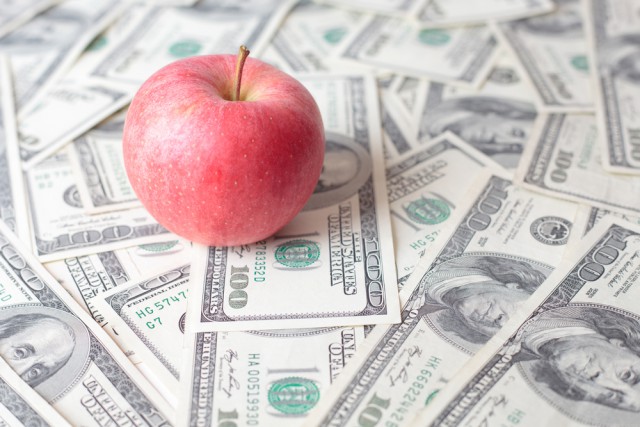
Apple's arguments for 16GB iPhones are disingenous
If you cannot expand the storage capacity on a high-end smartphone, 16 GB of available space just isn't enough. Install all your favorite apps and games, maybe try a couple of new ones, add some music, use the device for a while, and you end up with an alarmingly-low available capacity. As someone who is using a 16 GB iPhone 6 Plus daily, I have to work around this restriction.
And I shouldn't have to, which is why I find Phil Schiller's arguments on why the company he represents as SVP still makes 16 GB iPhones to be disingenuous. Phil, at least be honest: it is all about the money.
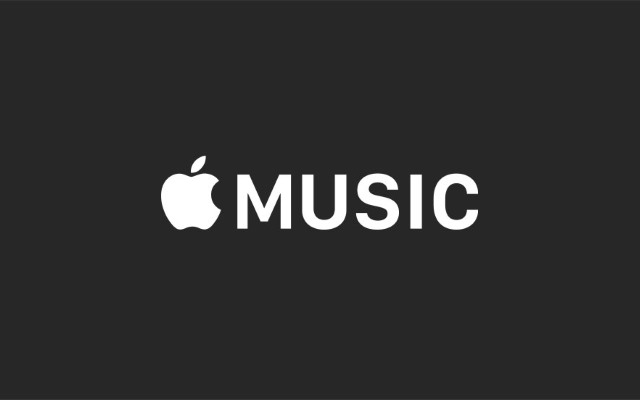
Apple Music's killer feature is its price
As with all things Apple, there’s been a lot of talk about its new music streaming service, ingeniously named Apple Music.
After it got officially unveiled and showcased during this year’s annual Apple Worldwide Developers Conference (WWDC), the initial amazement was quickly replaced by a profound feeling of meh. Onstage the company said it would transform the listening experience for fans, and the creative act for artists, but once the hype died down it became obvious -- it’s not really offering features you can’t find elsewhere in the market. And then it hits you -- the price!
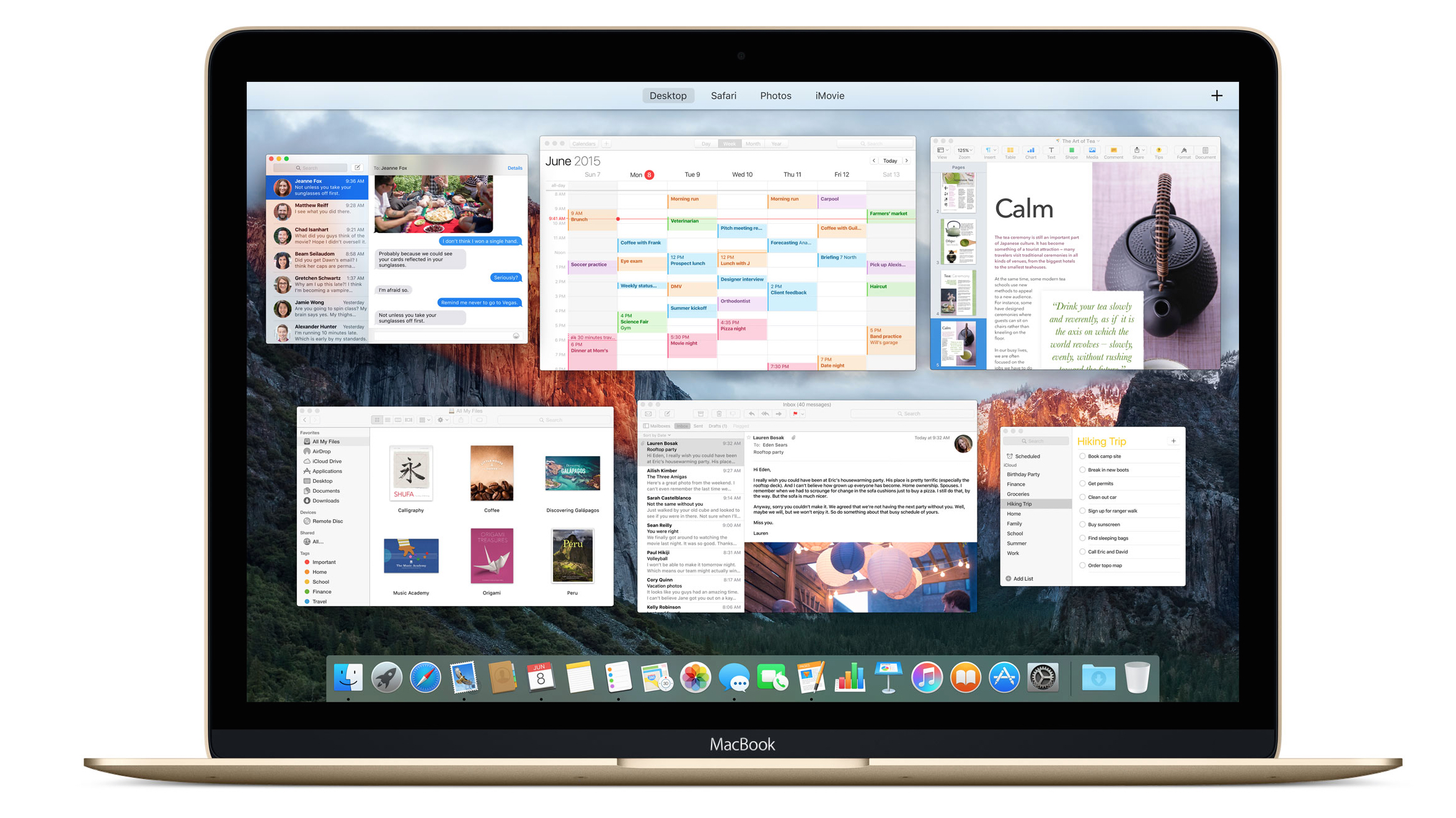
Microsoft can only blame itself
Apple has a long history of competitive marketing one-upmanship. Major tactic is the artful leak timed around someone else's major product announcement or event. How many times has the company stolen CES participants' thunder without ever attending the event, for example? Occasionally, the showstopper is accidental, as is the case with OS X El Capitan.
I wonder: What were the Microsoft development and marketing teams thinking when they chose July 29th as Windows 10's release date? It's like stepping off the curb in front of a fast-moving, energy-efficient, gas-powered bus. Apple almost certainly will release the OS X 10.11 Public Preview before Windows 10 drops. The company promises July and has every reason to rub Microsoft's nose in the stink.
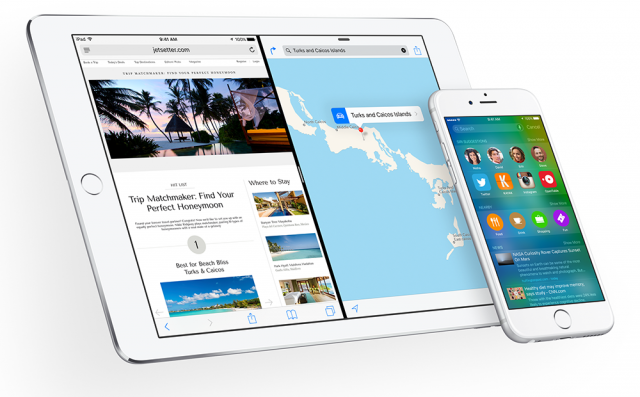
How to install iOS 9 beta on your iPhone or iPad right now, with or without a dev account
At the WWDC keynote on Monday, Apple demoed iOS 9. New features include updates to Apple Pay, a News app, improved Notes, a more intelligent Siri, updated keyboard, split screen on iPad, and a new low power mode that promises to deliver up to three more hours of battery life.
If you’re an iOS user, it looks like a great update, and you’ll be able to try out the public beta when it is released in July (the finished version will be released in the fall). But hold on, you don’t want to wait that long? Well the good news is there’s a developer preview already available, and it’s possible to install this with or without a dev account. A word of warning though, don't skip the backup step as according to Apple, "Devices updated to iOS 9 beta cannot be restored to earlier versions of iOS".
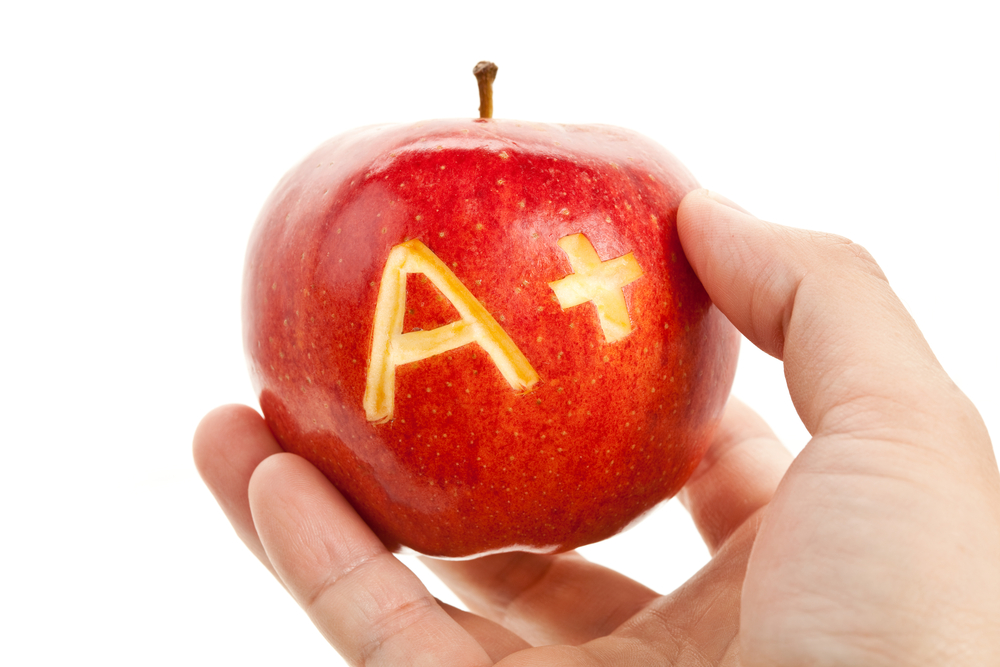
Sorry haters, but science proves the Internet really, really loves Apple
During yesterday’s WWDC keynote, Apple showed off new versions of OS X, iOS, and watchOS, as well as taking the wraps off of its new streaming music service and radio station.
While the event was going on, people were tweeting about it, and Oxford University's TheySay linguistics tool monitored Twitter from just before the keynote started to just after it ended, and then used the data from 94,528 Apple-related tweets to work out the overall sentiment, including what people thought about each of the products and services Apple covered. The result was overwhelmingly positive.
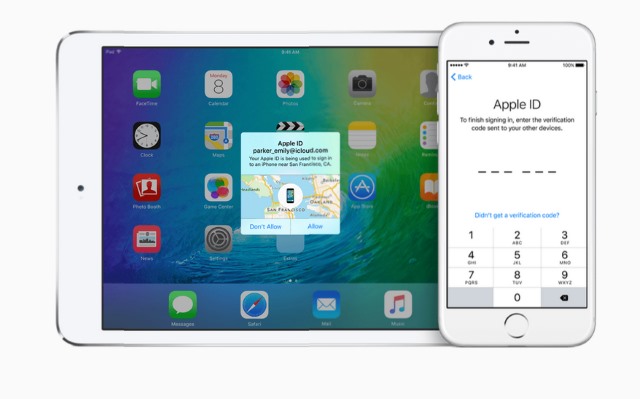
iOS 9 introduces six-digit passcode default for Touch ID devices
With iOS 9, Apple is improving the mobile operating system in a number of areas. As well as optimizing battery life and storage efficiency, making Siri more intelligent and beefing up multitasking, Touch ID-enabled iPhone and iPad owners will feel the benefit of improved security.
When iOS 9 launches in the fall, the minimum length of passcodes increases from four digits to six. It is already possible to use passcodes of more than four digits, but enforcing a stronger policy from the offset illustrates the importance Apple now places on security.
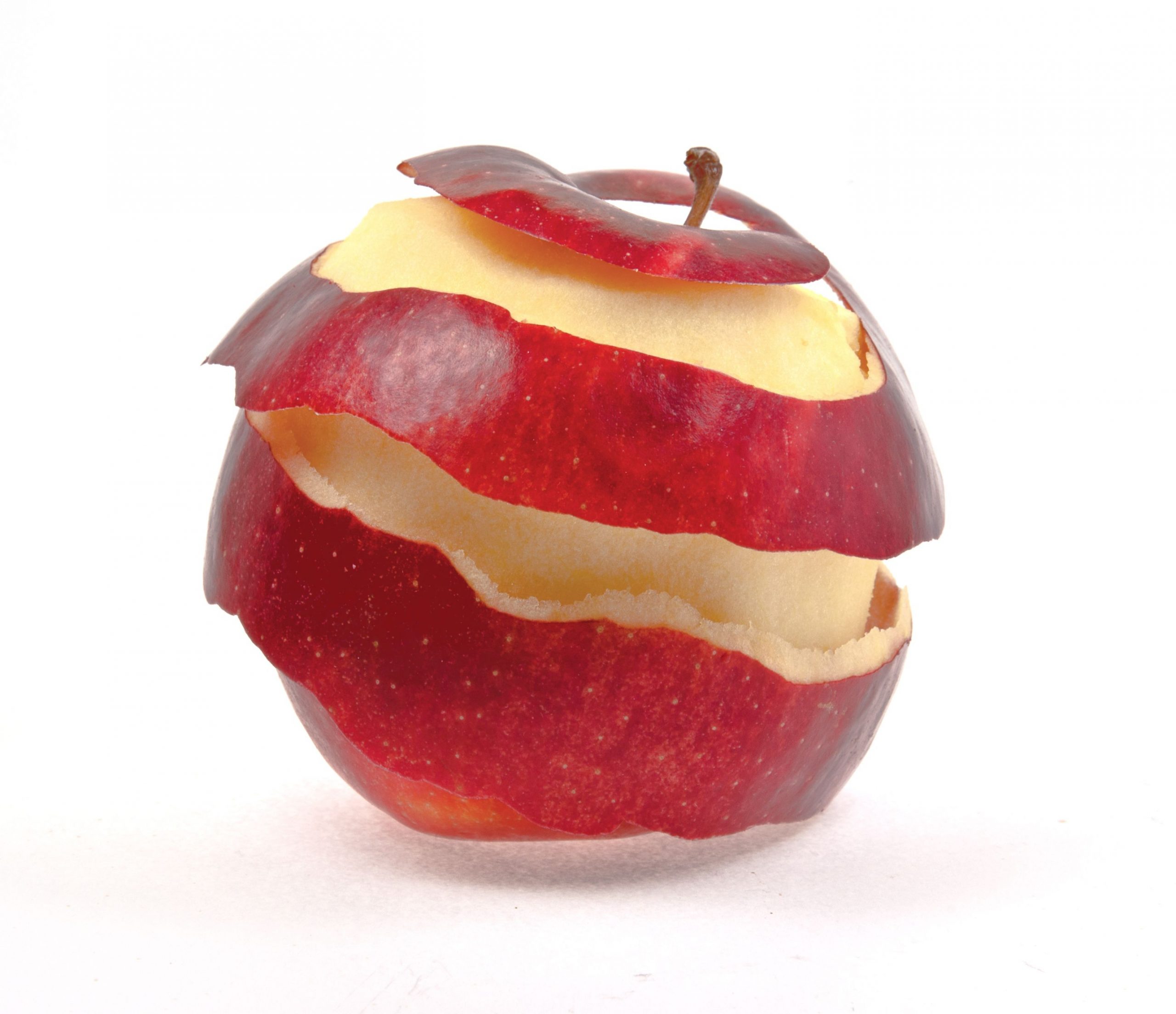
Apple Swift 2.0 will be open source
Apple is a company that embraces closed ideology. Its operating systems only work on certain hardware which it selects and sells. Its App Store features our-way-or-the-highway guidelines. Worst of all, on iOS, the user cannot even choose a default browser or email client. Hell, even when you use a browser other than Safari, it must use WebKit.
Today, however, this archaic ideology may be softening -- slightly. Among the hubbub of all the flashier WWDC announcements, Apple announced something miraculous -- its Swift 2.0 programming language is going open source. Yes, really.
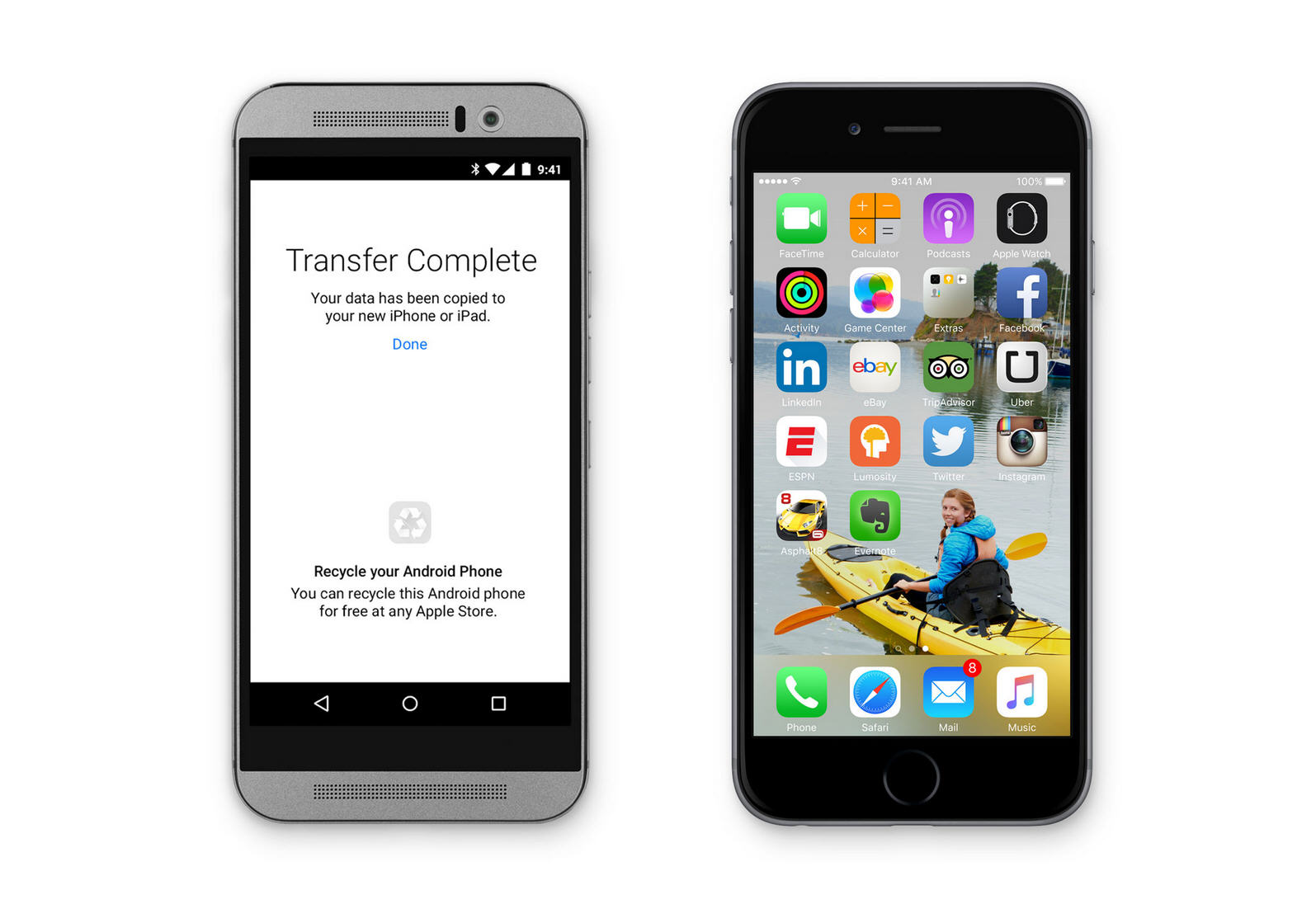
Apple to make it much easier for Android users to switch to iOS 9
Part of the reason why smartphone owners stay with their current choice of mobile operating system is they don’t want to have to mess around transferring personal data between devices. If you have an iPhone, upgrading to a newer model is very straightforward, and if you have an Android device, upgrading to a newer or different one is just as easy. Switching operating systems is, however, a real pain.
Apple wants to make it easy to go from Android to iOS and is introducing a new app called 'Move to iOS'.

Apple Music and Beats One radio launch to shake up audio streaming
It was not the industry's best-kept secret -- Sony let the cat out of the bag a little early -- but at WWDC today, Tim Cook officially took the wraps off Apple Music. Set to compete with the likes of Tidal and Spotify, Apple's new streaming music service sits neatly alongside iTunes and has the involvement of Dr Dre, Trent Reznor, and Jimmy Iovine to name but three.
Cook stepped into Steve Jobs' shoes for a moment, introducing the famous "one more thing" that has been missing from more recent Apple events. Not a company to hide its light under a bushel, Apple's Music service is not just a music streaming service, but "the next chapter in music". But there's more than just Apple Music; there's also Beats One, Apple's first ever radio station.
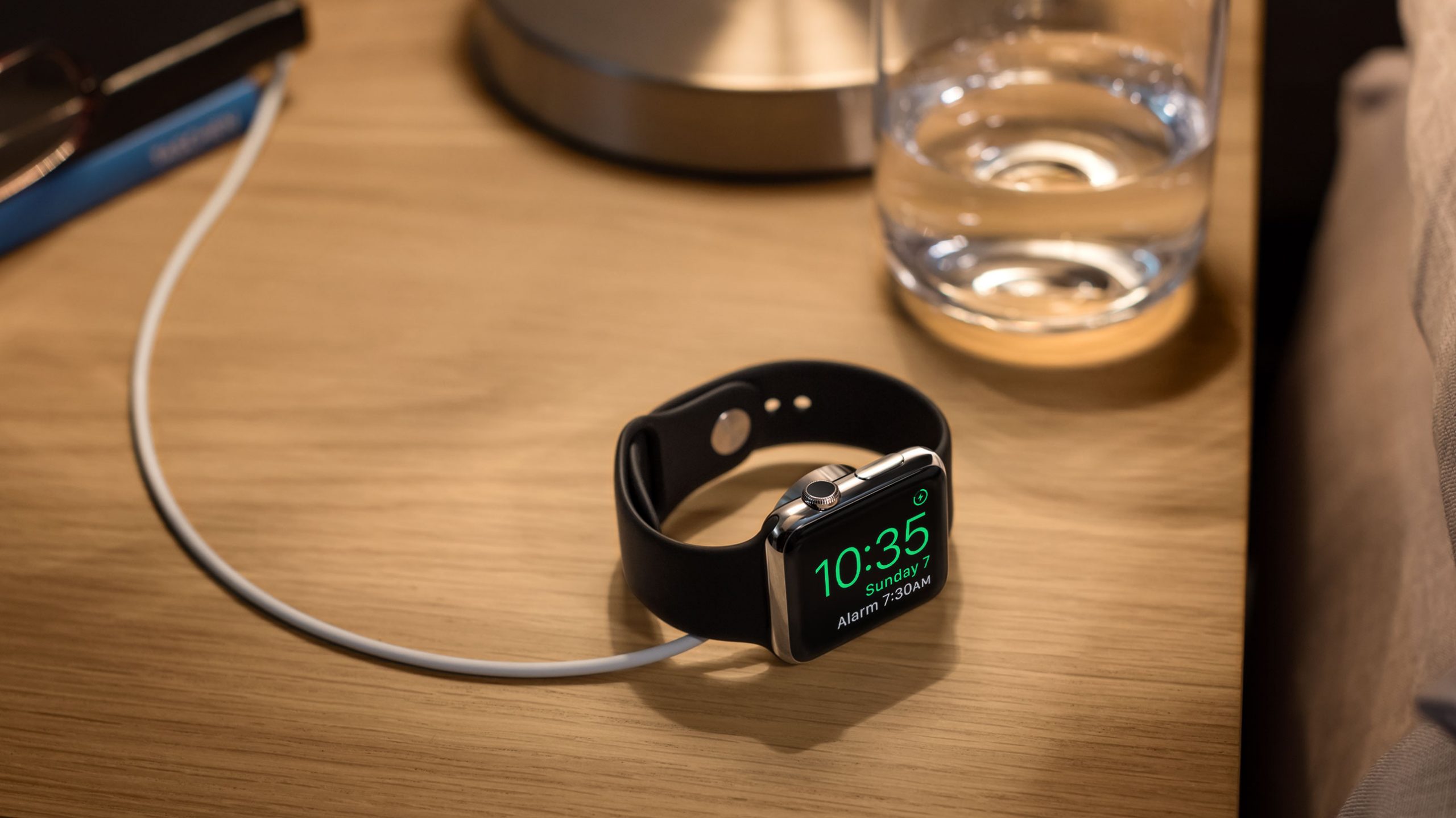
Apple Watch gets much smarter and more useful with watchOS 2
I own an Apple Watch, and I like it, but like so many Watch owners I appreciate that this is a device whose future is coming, but isn’t quite here yet. In my first impressions review I said "What it can do right now is great, but what it will be able to do in the future will be amazing", and it seems as if the future might be coming sooner than I expected.
At the WWDC 2015 keynote Apple revealed watchOS 2, and to say it’s impressive is an understatement. With the upgrade Apple is seriously improving the usefulness of its wearable.
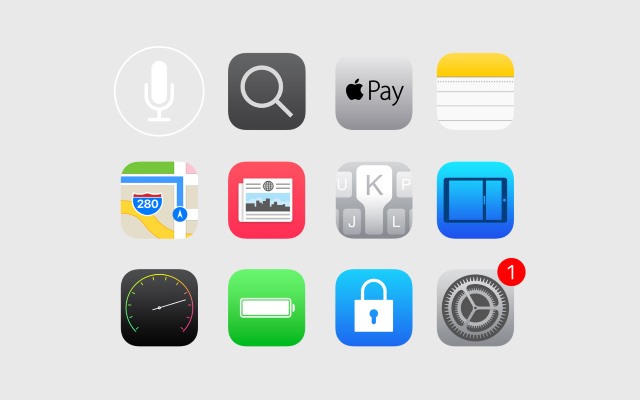
iOS 9 public beta coming in July with split-screen apps and improved battery life
Expectations were high for iOS 9 news at WWDC, and Apple delivered. At the keynote speech at the developer conference we were introduced to the latest version of the operating system that will power iPhones and iPads the world over, with the promise that it has been "refined from the ground up".
What is there to look forward to? Lots. There are updates to Apple Pay, a new News app, updates to Notes, as well as an updated keyboard, split-screen app display, and even a picture-in-picture option. But the news that will get a lot of people excited is that there will be a public beta of iOS released.

App Store hits 100 billion downloads
The App Store is unquestionably one of the main reasons for Apple’s continuing success. It certainly revolutionized the smartphone, and despite a serious challenge from Android it remains the top store for apps across the world.
At WWDC 2015, CEO Tim Cook revealed a couple of major numbers -- the biggest being that over 100 billion apps have been downloaded from the App Store since it opened.
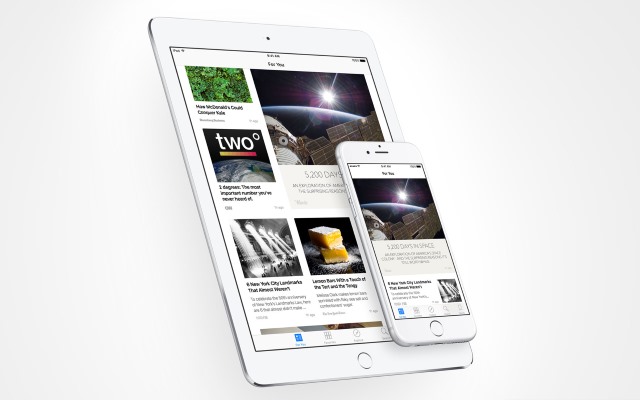
Apple's Newsstand is dead; long live News, baked into iOS 9
Newsstand is set to disappear from the screens of iPhones and iPads all over the world. At today's WWDC keynote speech, Apple announced the Flipboard-inspired News. A customizable news aggregator, News presents users with a selection of content from media partners that include the New York Times, Conde Nast, and ESPN, and it will be built into iOS 9.
Like Flipboard et al, News learns from the types of media you consume and suggests content you might like to read. Noting the current levels of interest in privacy, Apple stressed that personal preferences and habits will never be shared with third parties. This is a theme that cropped up again and again during the keynote, with strong emphasis being placed on the fact that no data is shared externally and articles are not linked to other Apple services.
